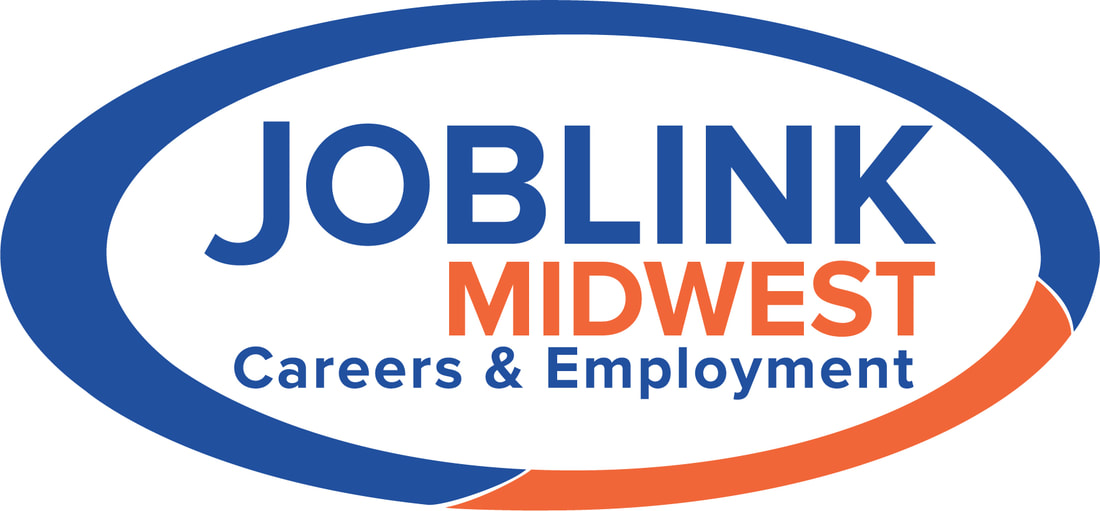Mature Age

Are you 40 years or older?
Are you over 35 and Indigenous?
Are you unemployed or under-employed?
We may be able to help you through our Mature Skilling Program.
Are you over 35 and Indigenous?
Are you unemployed or under-employed?
We may be able to help you through our Mature Skilling Program.
How do I access the Mature Skilling Program? Am I Eligible?
To be eligible for the Mature Skilling Program (MSP) the client must:
* If you are unemployed you may be eligible to register with a Workforce Australia provider and may be eligible for Pathway Funding (Amounts vary depending on individual circumstances and length of unemployment).
What are my responsibilities when accessing MSP?
On registering as a MSP client, individuals must complete a Career Action Plan and agree to sign a Client Declaration Form which confirms that:
How does MSP help me?
MSP is a program designed to help you overcome the hurdles involved in returning to work or moving into a position that offers more work time. MSP also helps to design and implement a clear and concise action plan to make sure that you get on the right track and stay on the right track to reach your goal.
What type of service can I expect?
Key strengths of the MSP lie in the recognition of and support for each clients individual career needs and objectives. The Career Development Officer and the client must work together on a one to one basis through an assessment and planning process, prior to any Financial Assistance becoming available to a client.
This initial interaction should result in an individually tailored plan for service delivery and an action plan which empowers the client to move towards fulfilling their own career goals. Consideration of relevant areas of skill shortages should also be included as a means of improving likely outcomes for the client and addressing labour market demand.
What is the process taken to make sure my training will be funded?
The following decision making process is used by the Career Development Officer to determine the funding allocation.
1. Are the clients career goals:
2. Is there a demand for workers (skills shortages) in the career(s) that the funds will support the client in accessing?
3. What is the clients commitment to their goals?
4. Has this been shown through research into:
5. Is the financial assistance going to help that person achieve their career goal?
6. Does the client have a special environment or life circumstances that would make financial assistance more appropriate?
7. Is financial assistance likely to increase client employability?
8. What other resources and funding are available to the client?
For more information contact Vicki Powell or Tiffany Baskeyfield on (08) 9964 1022 or by email at [email protected] or [email protected]
To be eligible for the Mature Skilling Program (MSP) the client must:
- Register as a Joblink Midwest client.
- Be aged 40 years or over (35 years or over for Indigenous clients).
- Be unemployed, under-employed, or soon to be retrenched.
- Be ineligible for training assistance from Commonwealth Employment Pathway Funding via Workforce Australia
- Be actively seeking employment.
- Not be a NEIS participant, or a recipient of Intensive Integrated Assistance from Workforce Australia, Abstudy or Austudy.
- Not be enrolled in any full-time or ongoing study.
- Be a resident of WA
- Attend a MSP Information Session with a Career Development Officer (CDO) at Joblink Midwest.
- Undertake career planning with a CDO at Joblink Midwest
- Not be eligible for funding from any alternate source for the training activities to be funded through the MSP, including that provided through Workforce Australia - to meet the costs identified in the MSP Career Action Plan.
- Not have exceeded the MSP funding amount.
* If you are unemployed you may be eligible to register with a Workforce Australia provider and may be eligible for Pathway Funding (Amounts vary depending on individual circumstances and length of unemployment).
What are my responsibilities when accessing MSP?
On registering as a MSP client, individuals must complete a Career Action Plan and agree to sign a Client Declaration Form which confirms that:
- They have not accessed MSP funding within the last 12 months.
- They have accessed or will access any Federal Government programs that they are eligible for.
How does MSP help me?
MSP is a program designed to help you overcome the hurdles involved in returning to work or moving into a position that offers more work time. MSP also helps to design and implement a clear and concise action plan to make sure that you get on the right track and stay on the right track to reach your goal.
What type of service can I expect?
Key strengths of the MSP lie in the recognition of and support for each clients individual career needs and objectives. The Career Development Officer and the client must work together on a one to one basis through an assessment and planning process, prior to any Financial Assistance becoming available to a client.
This initial interaction should result in an individually tailored plan for service delivery and an action plan which empowers the client to move towards fulfilling their own career goals. Consideration of relevant areas of skill shortages should also be included as a means of improving likely outcomes for the client and addressing labour market demand.
What is the process taken to make sure my training will be funded?
The following decision making process is used by the Career Development Officer to determine the funding allocation.
1. Are the clients career goals:
- Suitable
- Tangible
- Realistic
2. Is there a demand for workers (skills shortages) in the career(s) that the funds will support the client in accessing?
3. What is the clients commitment to their goals?
4. Has this been shown through research into:
- Opportunities in that field
- Potential employers
- Requirements of that job including: hours worked, skills, travel
- Work experience
- Their own financial or in-kind contribution
- Consideration of options
5. Is the financial assistance going to help that person achieve their career goal?
6. Does the client have a special environment or life circumstances that would make financial assistance more appropriate?
7. Is financial assistance likely to increase client employability?
8. What other resources and funding are available to the client?
For more information contact Vicki Powell or Tiffany Baskeyfield on (08) 9964 1022 or by email at [email protected] or [email protected]




